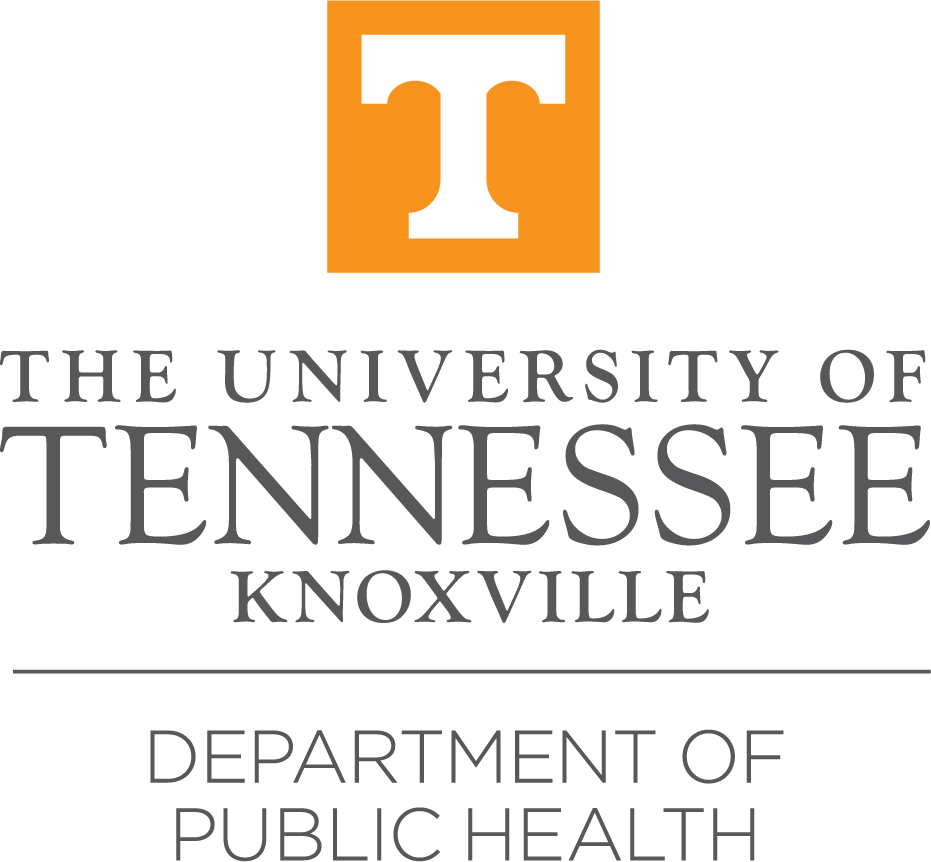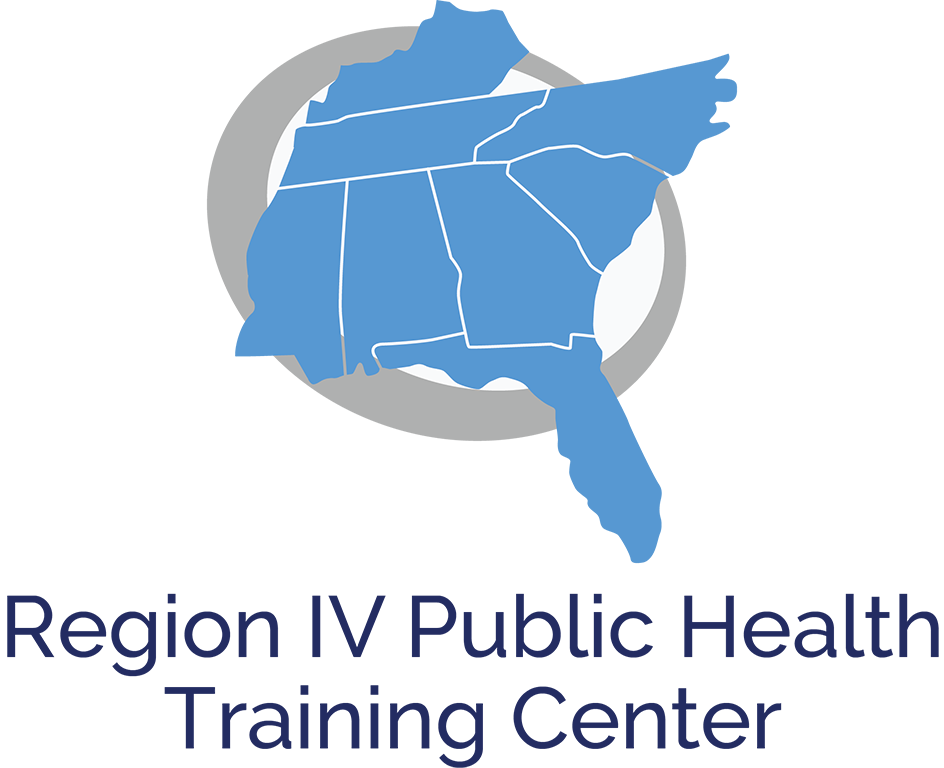Why do we need COVID-19 testing in schools?
As new coronavirus variants emerge globally, public health experts are looking at one key group of individuals who may be vulnerable to future outbreaks – children. The consequences of the pandemic have hit children on multiple fronts, but most would argue school closures and has caused the biggest disruption, turning their daily routine upside down and changing the way they learn. Come fall 2021, schools are picking up where they left off, which means kids will return to in‑person learning, however variants of concern (VOCs) may end up changing this plan if infections break out in school sites. While vaccinations continue to put the worst of the pandemic behind us, variants question vaccine efficacy and whether in-person learning will be affected going forward.
There has been a lot of buzz about coronavirus infections and breakouts due to the Delta variant, but what is the Delta variant and how does it affect children? A variant is just a different version of an already existent virus. As a virus is replicated, some copies contain variations from the original version. These differences result in the virus spreading easier and/or faster, creating more severe symptoms, or lengthen the time of infection. A prime example of this occurring is with the Delta variant, first identified in India, which spreads up to 50% faster compared to other variants and now accounts for 83% of all sequenced COVID cases in U.S. [1].













